DIPHTHERIA/TETANUS/ACELLULAR PERTUSSIS VACCINE - INJECTION
PHONETIC PRONUNCIATION: (dip-THEER-ee-uh/TET-un-us/per-TUSS-iss)
COMMON BRAND NAME(S): Adacel, Boostrix
GENERIC NAME(S): diphtheria,pertussis(acellular),tetanus vaccine
Uses
USES: This vaccine is used to keep up protection (immunity) against diphtheria, tetanus (lockjaw) and pertussis (whooping cough) in children and adults who have been vaccinated for these diseases in the past. Vaccination is the best way to protect against these life-threatening diseases. Vaccines work by causing the body to produce its own protection (antibodies). Booster doses are needed to keep up immunity because antibody levels may become too low over time to provide the needed protection.
How to use DIPHTHERIA/TETANUS/ACELLULAR PERTUSSIS VACCINE - INJECTION
HOW TO USE: Read all vaccine information available from your health care professional before receiving the vaccine. If you have any questions, ask your health care professional. This medication is given by injection into a muscle by a health care professional. It is usually given in the upper arm. This vaccine may be given at the same time as other vaccines (such as hepatitis B) using a separate needle and injection site.
Side Effects
Precautions
Interactions
Overdose
Images
Reviews
Faq for DIPHTHERIA/TETANUS/ACELLULAR PERTUSSIS VACCINE - INJECTION
The Diphtheria/Tetanus/Acellular Pertussis vaccine, also known as the DTaP vaccine, is a combination vaccine that protects against three illnesses: Diphtheria, Tetanus, and Pertussis (also known as whooping cough). It is given through an injection.
DTaP vaccine is usually given to infants and young children as a series of shots. The recommended schedule for DTaP vaccination is at 2 months, 4 months, 6 months, 15-18 months, and 4-6 years of age. Booster shots may also be recommended in adolescence or adulthood.
The DTaP vaccine stimulates the immune system to produce antibodies against the bacteria that cause Diphtheria, Tetanus, and Pertussis. It works by introducing harmless components of these bacteria to the body, allowing the immune system to develop a defense against them.
Like any vaccine, the DTaP vaccine may cause mild side effects such as redness, swelling, or pain at the injection site. Some children may experience a low-grade fever, fussiness, or mild tiredness. Serious side effects are rare.
Yes, the DTaP vaccine is considered safe and has undergone extensive testing. The benefits of vaccination in preventing serious diseases far outweigh the risks of any potential side effects.
Yes, completing the full DTaP vaccine series is important to ensure maximum protection against Diphtheria, Tetanus, and Pertussis. Each dose provides a necessary boost to the immune system, and incomplete vaccination may leave individuals vulnerable to these diseases.
While the DTaP vaccine is primarily given to infants and children, adults may receive a different version called the Tdap vaccine, which also protects against Tetanus, Diphtheria, and Pertussis. Tdap is usually recommended as a one-time booster for adults, especially those who will be in close contact with infants.
The protection provided by the DTaP vaccine is long-lasting, but it may decrease over time. Booster shots, such as the Tdap vaccine in adolescence or adulthood, are recommended to maintain immunity and ensure continued protection.
Yes, the DTaP vaccine can be given at the same time as other vaccines. This is often done to simplify the immunization schedule and ensure timely protection against multiple diseases.
Disclaimer
IMPORTANT: HOW TO USE THIS INFORMATION: This is a summary and does NOT have all possible information about this product. This information does not assure that this product is safe, effective, or appropriate for you. This information is not individual medical advice and does not substitute for the advice of your health care professional. Always ask your health care professional for complete information about this product and your specific health needs.
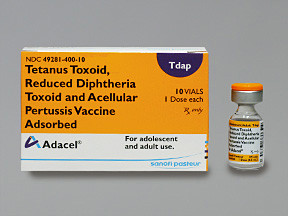
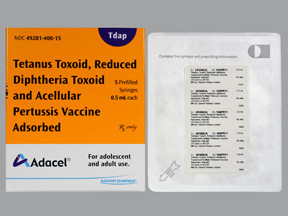

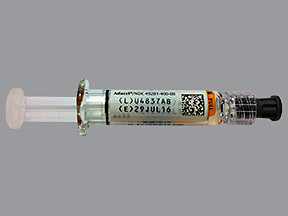
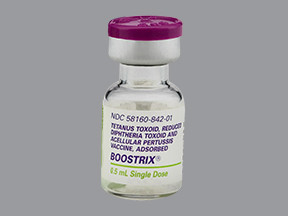
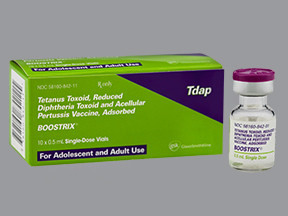
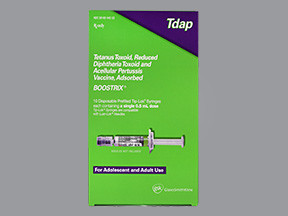
No Reviews Yet